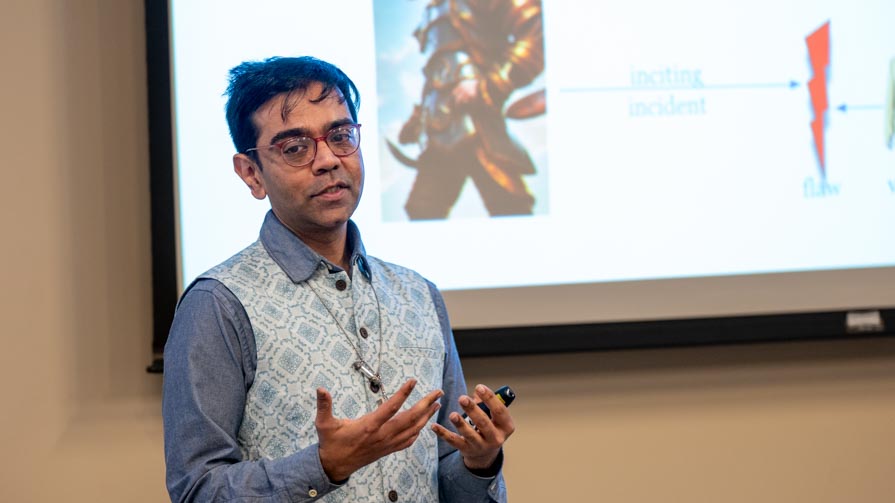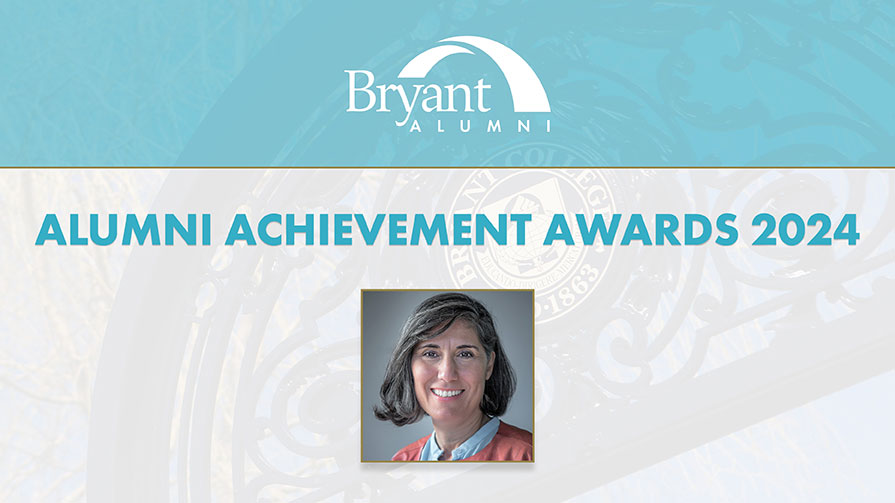Stanley Baran, Ph.D., Professor of Communication at Bryant University, who has spent over 45 years in the communication field, knows the fundamentals (and principles) of success when it comes to communication. Baran is co-author along with Dennis K. Davis, Professor Emeritus of Communication at Penn State University, of "Introduction to Mass Communication: Media Literacy and Culture" (New York: McGraw-Hill) and is author of "Mass Communication Theory: Foundations, Ferment, and Future" (New York: Oxford University Press). Considered to be the seminal and leading textbooks on communication theory, these texts are now entering their 11th and 8th editions of publication, respectively, due for release in 2021.
The founding chair of Bryant's Communication department, Baran’s research has garnered him recognition in the field, success which also extends to the classroom. He has won numerous awards for excellence in teaching, including during the nine years he taught at the University of Texas at Austin. He has been teaching students at Bryant for over 19 years.
What, if anything, about communication theory has changed since the original publication of his textbooks? We recently put that question to Professor Baran:
1. The theory of mass communication—has anything changed?
The biggest changes have come from the rapid and near-universal diffusion of the Internet and smartphones. Content is no longer “pushed” onto audiences; they “pull” what they want when and where they want it. Gone, too, are the intermediaries, editors and other professionals concerned about an outlet’s reputation, giving voice to a wider array of perspectives, but with far less, often necessary, curating. Mass communication has changed; so theory must change as well.
2. The books have had many editions and are still the leading texts in the field. In your opinion, what factors have made them so successful?
I write in the second person…“You will notice….” or “Your consumption has changed.” And I use the Socratic method, for example, “If you think it is OK for a school to censor a book because of parents’ complaints, whose complaints should the school consider, the most sensitive parent, the most intolerant?”
3. What do the books give students a deeper understanding of? How do they help prepare students for work in the mass communication field, and become successful contributors of society?
Look at my books’ subtitles: "Media Literacy and Culture"; "Foundations, Ferment and Future"; "Perception, Meaning and Identity." All suggest that readers are central to building the cultures (work and beyond) that they occupy; they are the creators of their futures; and they must make meaning for themselves if they are to develop personally meaningful identities. I want them to understand how much power, how much agency they have in creating their destinies.






